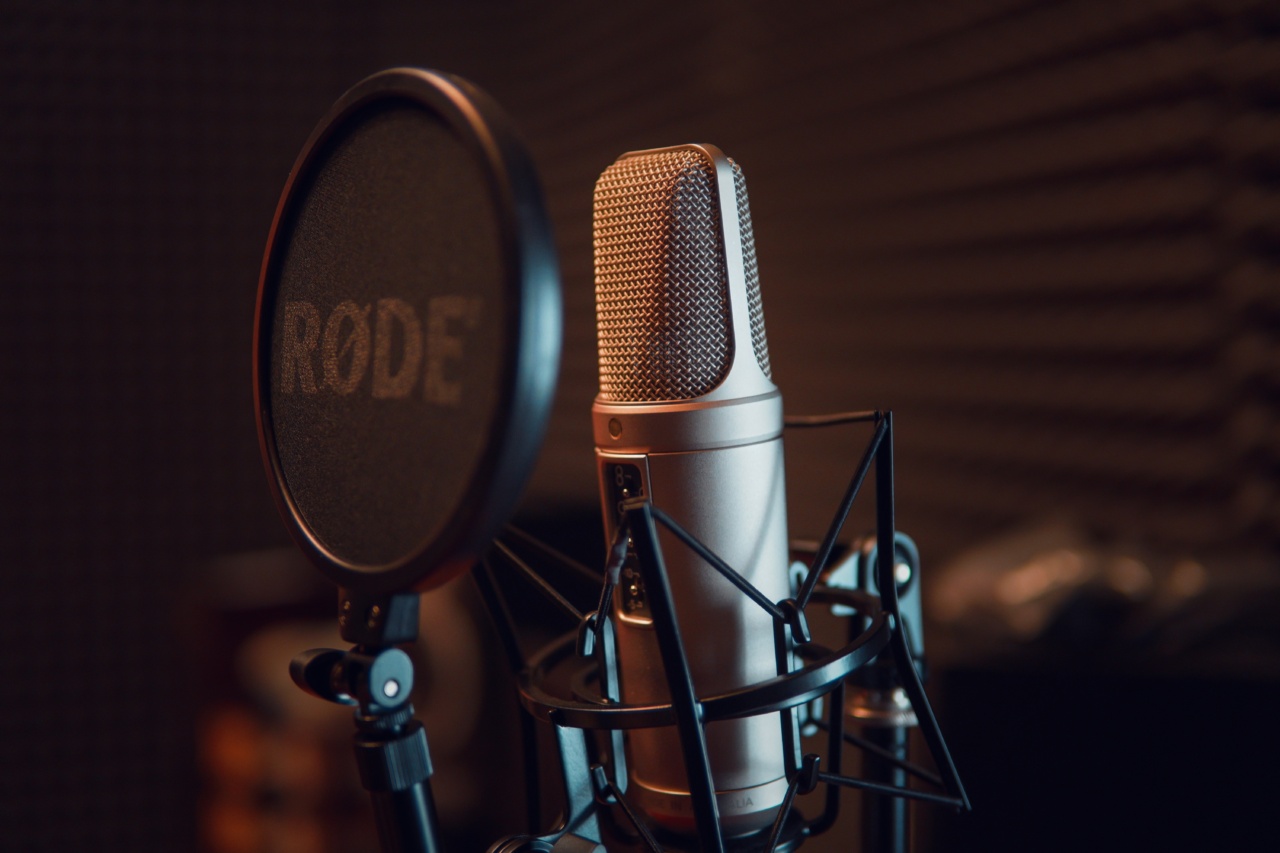Have you ever heard your own voice in a recording and thought to yourself, “Do I really sound like that?” Many people are taken aback by the sound of their own voice when they hear it played back to them.
It can be a strange and unsettling experience, but there is a scientific reason for why our voice sounds different when we hear it on recording.
The Science Behind It
When we speak or make any sound, the sound waves travel through the air and into our ears. These sound waves vibrate the eardrum, which is then transmitted through a series of bones in the middle ear and finally to the inner ear.
This is how we hear sound.
However, when we hear our own voice, we are also hearing it through internal vibrations within our own skull.
These vibrations change the sound of our voice by adding extra bass and resonance that we don’t hear when we listen to the same sound through external vibrations alone.
When we hear a recording of our voice, we only hear the external vibrations that were picked up by the microphone. This means that we are missing the additional bass and resonance that we hear when we speak.
This can make our voice sound higher and thinner than we are used to hearing it.
How We Perceive Our Own Voice
Another reason why our voice sounds different when we hear it on recording is due to how we perceive it. When we speak, the sound of our voice is transmitted through the bones in our skull and into our inner ear.
This creates a unique sensation that can be felt as well as heard. This sensation gives us an impression of the size and shape of our own head, which influences how we hear our own voice.
When we hear a recording of our voice, we don’t get the same sensation of our head size and shape as we do when we speak. This can make our voice sound unfamiliar or even foreign to our own ears.
Acclimating to Your Recorded Voice
While the sound of our own voice on recording may initially be unsettling, we can acclimate to it over time. This is because our brain is capable of adapting to new sounds and adjusting our expectations of what our voice should sound like.
If you find that the sound of your recorded voice is bothering you, try listening to it for short periods of time each day. Over time, you may find that you become more accustomed to the sound and it no longer bothers you.
Why Recording Your Voice is Important
Despite the initial discomfort of hearing our own voice on recording, it is an important tool for self-improvement and growth.
Recording your voice can help you to:.
- Improve public speaking skills
- Identify speech patterns or habits to work on
- Practice new languages or accents
- Create audio content for social media or podcasts
By embracing the sound of our own voice on recording, we can learn to use it as a tool for self-improvement and self-expression.
Conclusion
While hearing our own voice on recording may be initially jarring, it is a normal and scientifically explainable phenomenon.
By understanding why our voice sounds different on recording, we can learn to embrace and use it as a tool for personal and professional growth.































